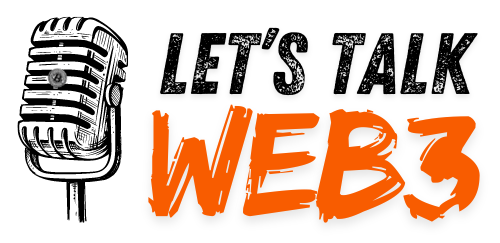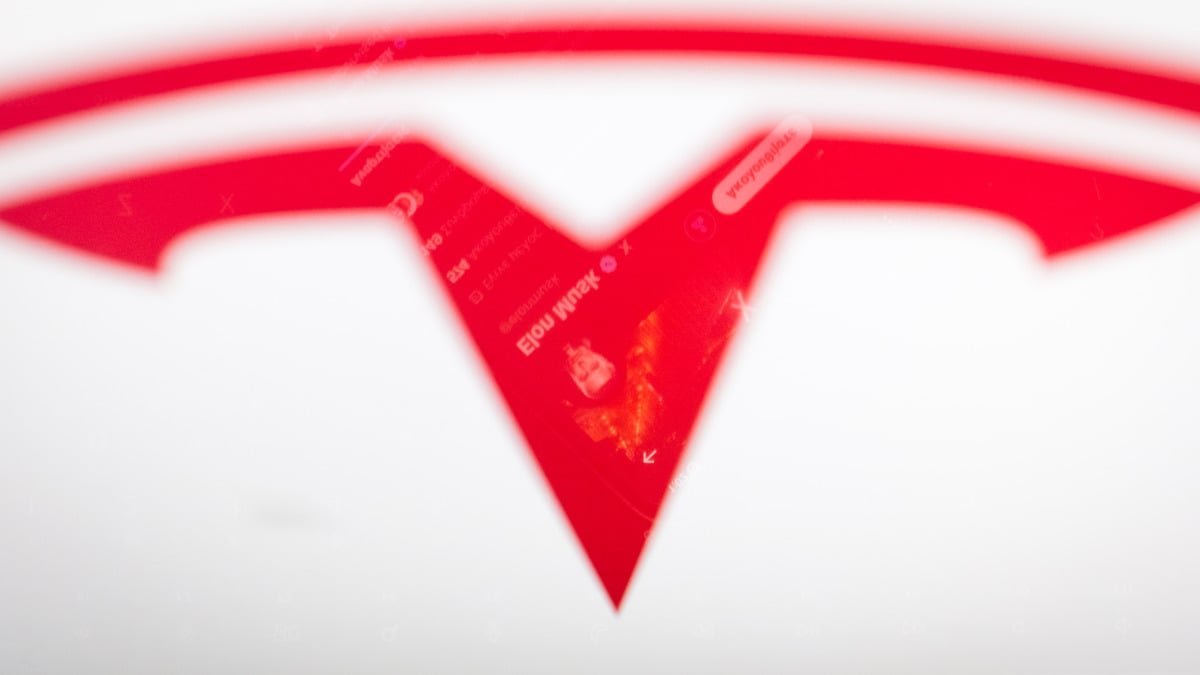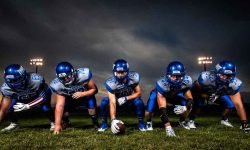U.S. regulators are investigating Tesla over its Full Self-Driving (FSD) software.
On Friday, the National Highway Traffic Safety Administration’s (NHTSA) Office of Defects announced that it was investigating Elon Musk’s EV car company over “failure of the system engineering controls to react appropriately to reduced roadway visibility conditions.”
According to the NHTSA, there have been four reported and identified incidents where a Tesla vehicle crashed when it was “entering an area of reduced roadway visibility conditions with FSD -Beta or FSD -Supervised (collectively, FSD) engaged.” The reduced roadway visibility was attributed to common issues such as sun glare, fog, or airborne dust.
Out of these four incidents, one resulted in a death after the Tesla vehicle fatally hit a pedestrian. There was also a reported injury in one of the other incidents.
Mashable Light Speed
Tesla issues recall for 9,100 Model X cars, but this one is a bit more serious
Tesla’s Full-Self Driving investigation
The NHTSA says it will conduct a “preliminary evaluation” to assess a number of factors concerning Tesla’s Full-Self Driving software.
Regulators will be looking into FSD’s ability to both detect and respond appropriately to situations where reduced roadway visibility conditions are present. They will also look into whether there are similar additional FSD crashes that occurred where reduced roadway visibility conditions were present and if they played a role in the occurrence of the accident.
The NHTSA will assess if any updates from Tesla affected FSD performance in reduced roadway visibility conditions and if Tesla assessed the safety impacts with those updates.
What Tesla models are involved in the investigation?
The NHTSA says it is looking at 2016-2024 Model S and X, 2017-2024 Model 3, 2020-2024 Model Y, and 2023-2024 Cybertruck equipped with FSD.





